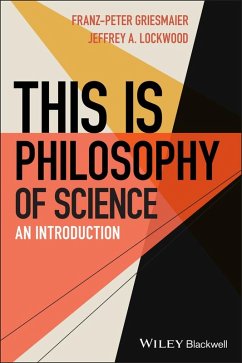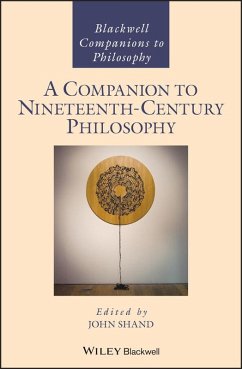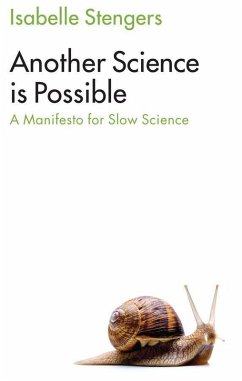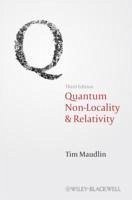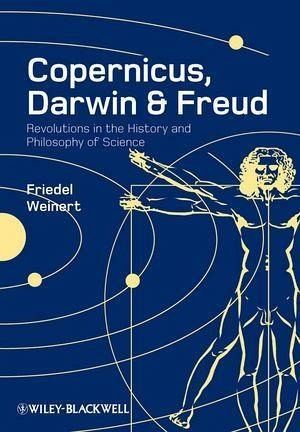
Copernicus, Darwin, and Freud (eBook, PDF)
Revolutions in the History and Philosophy of Science
Versandkostenfrei!
Sofort per Download lieferbar
30,99 €
inkl. MwSt.
Weitere Ausgaben:

PAYBACK Punkte
0 °P sammeln!
Copernicus, Darwin, & Freud "Why is Darwin less the Copernicus than the Kepler of biology? What are good criteria for scientific revolutions? Shift of perspective? Replacement of paradigms? Reweaving conceptual networks? Explanatory gain? Restructuring the constraint space? Threatening worldviews? Whoever wants to learn more about these and many other important issues of history and philosophy of science will have to read on!" Klaus Hentschel, University of Stuttgart "Friedel Weinert has done a rare and excellent thing in this book: he has shown how the philosophy of science is intimately conn...
Copernicus, Darwin, & Freud "Why is Darwin less the Copernicus than the Kepler of biology? What are good criteria for scientific revolutions? Shift of perspective? Replacement of paradigms? Reweaving conceptual networks? Explanatory gain? Restructuring the constraint space? Threatening worldviews? Whoever wants to learn more about these and many other important issues of history and philosophy of science will have to read on!" Klaus Hentschel, University of Stuttgart "Friedel Weinert has done a rare and excellent thing in this book: he has shown how the philosophy of science is intimately connected with the development of physical, biological, and social sciences and that argument concerning the foundations of these sciences cannot be advanced without reference to philosophy. It is a clearly written and engaging book that will be informative for teachers, students, and the lay public alike." Robert Nola, University of Auckland
Dieser Download kann aus rechtlichen Gründen nur mit Rechnungsadresse in A, B, BG, CY, CZ, D, DK, EW, E, FIN, F, GR, HR, H, IRL, I, LT, L, LR, M, NL, PL, P, R, S, SLO, SK ausgeliefert werden.



